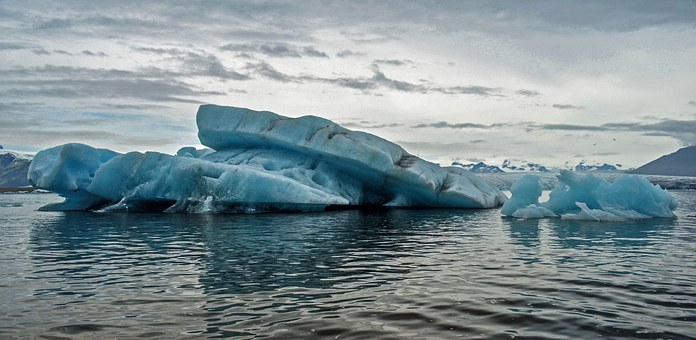
A new study revealed that climate change has taken a toll on many of the world fisheries. The study led by researchers at Rutgers University also warned that overfishing is magnifying the already grave issue.
During the study, researchers found that ocean warming has led to an estimated 4.1 percent drop in sustainable catches among all fishes from 1930 to 2010. Shockingly, in five areas of the world, including the East China Sea and the North Sea, the decline is estimated to be 15 percent to 35 percent.
"We recommend that fisheries managers eliminate overfishing, rebuild fisheries and account for climate change in fisheries management decisions. Policymakers can prepare for regional disparities in fish catches by establishing trade agreements and partnerships to share seafood between winning and losing regions," said Chris Free, the lead author of the study, Eurekalert.org reports.
As per researchers who took part in the study, published in the journal Science, seafood is now becoming an increasingly important source of nourishment among people, especially in developing countries. When the demand for fishing increases, overfishing happens and as a result, the depletion of global fisheries, in turn, gets catalyzed.
Free also revealed that the next step is to understand the impacts of ocean warming on tropical regions, where data are limited. As per Free, these regions rely heavily on coastal fisheries as a source of food and livelihoods and understanding the depletion of fisheries in these areas could be very vital in combating further loss.
A few weeks back, another study conducted by researchers at the University of Liverpool has warned that global warming is negatively affecting the fertility of various creatures including marine beings. The research report also urged authorities to design various conservation programs that will help marine species to survive climate change and to increase their population globally.









